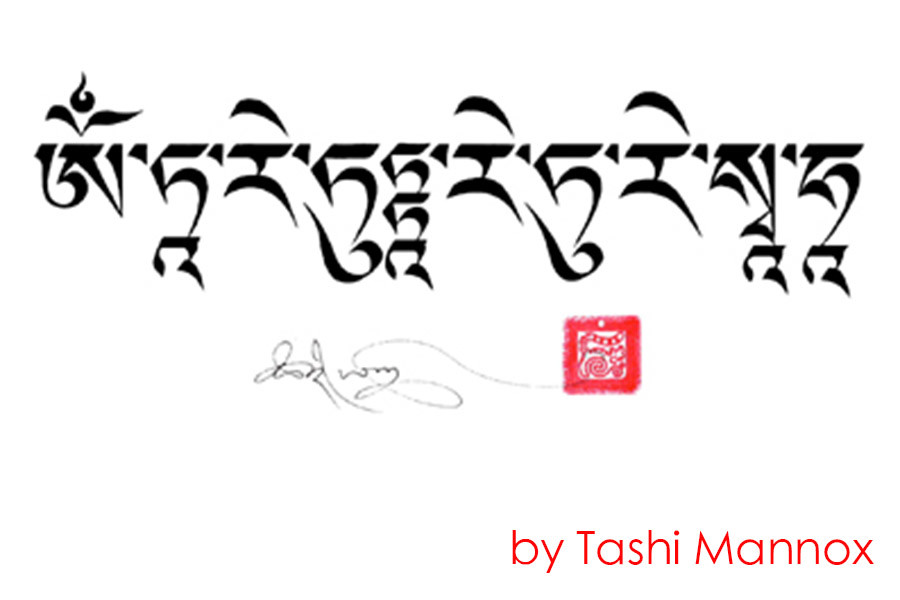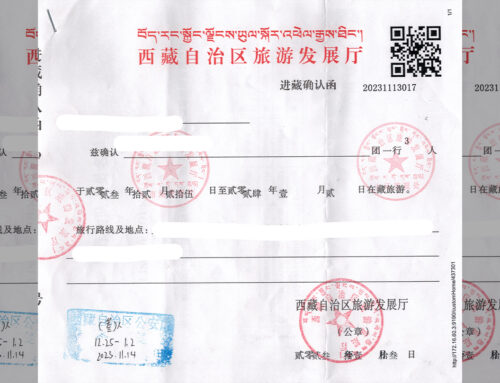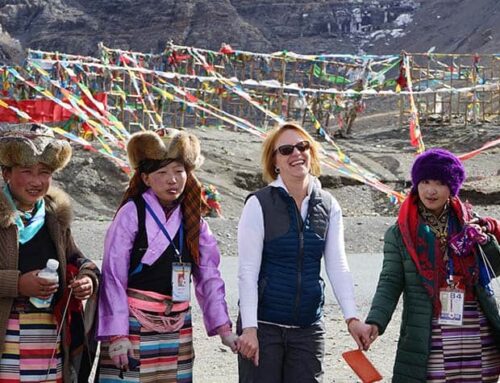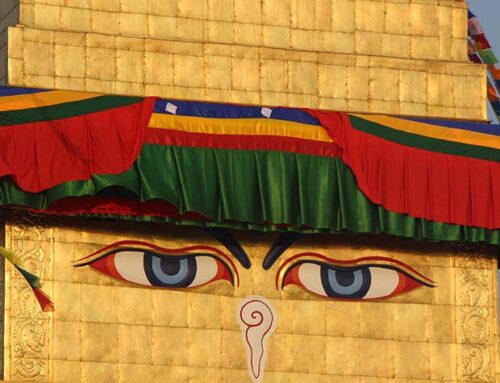Tara- The fairy godmother of Tibet, growing up in a devoted Tibetan Buddhist family. My mother has the best ways of telling me about Buddhism and its philosophy. She would always tell me about her as if she were my fairy godmother. Sometimes, I always believe I am her Son, not my birth mother’s.
Ever since I can remember, I have been devoted to her. Later, it is realized she is my Soul Yidam. All my prayers and inspiration come from her stories. Today, I am going to write about Tara.
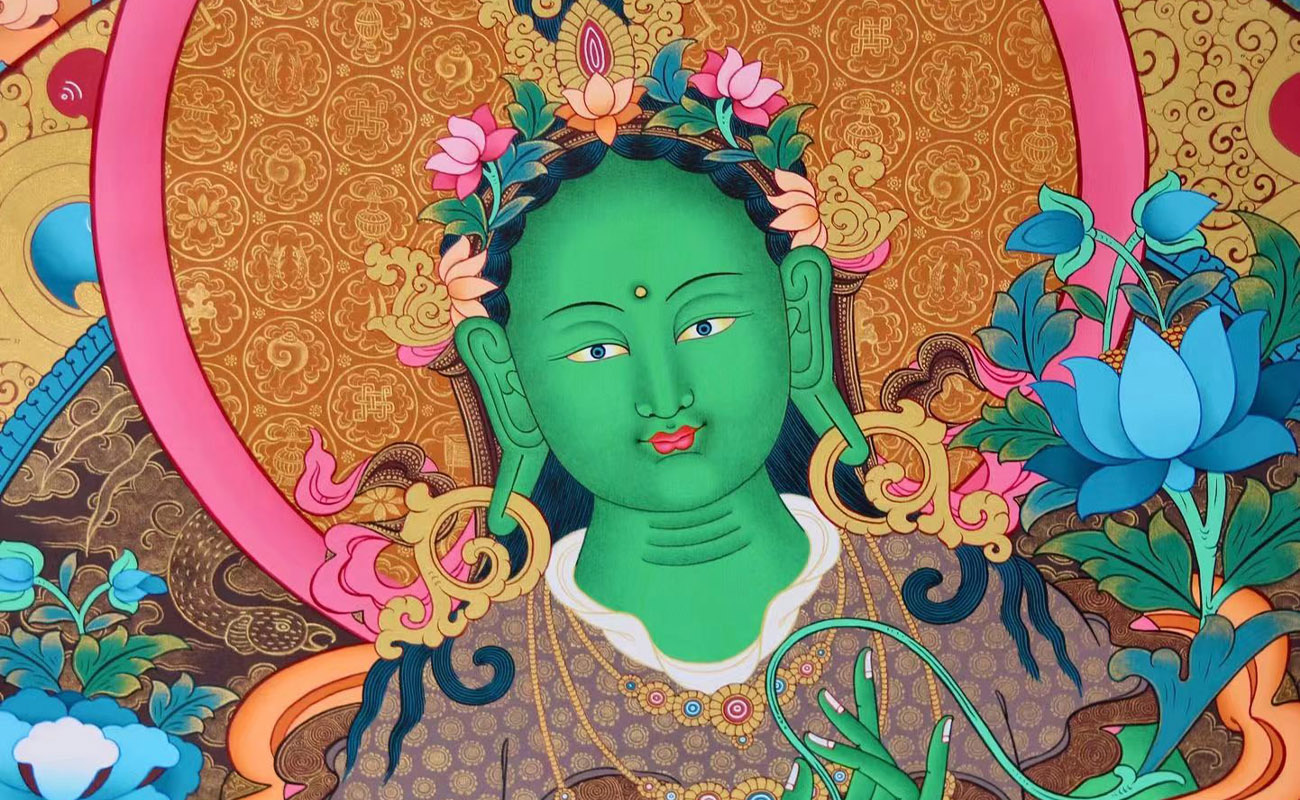
A bit of Tara
Drolma or Tara (Tib.. སྒྲོལ་མ, Drolma; Sanskrit:तारा: तारा, tārā ) is a female Buddha, considered the most revered Bodhisattva in Tibetan Buddhism, next to Chenrezig
In Tibetan Buddhism, we believe that the Buddha Shakyamuni imparted Tara practice and the Vajrayana teachings on the Nature of the Mind and Buddhist Tantra. It became trendy in India and was later introduced to Tibet by Guru Rinpoche.
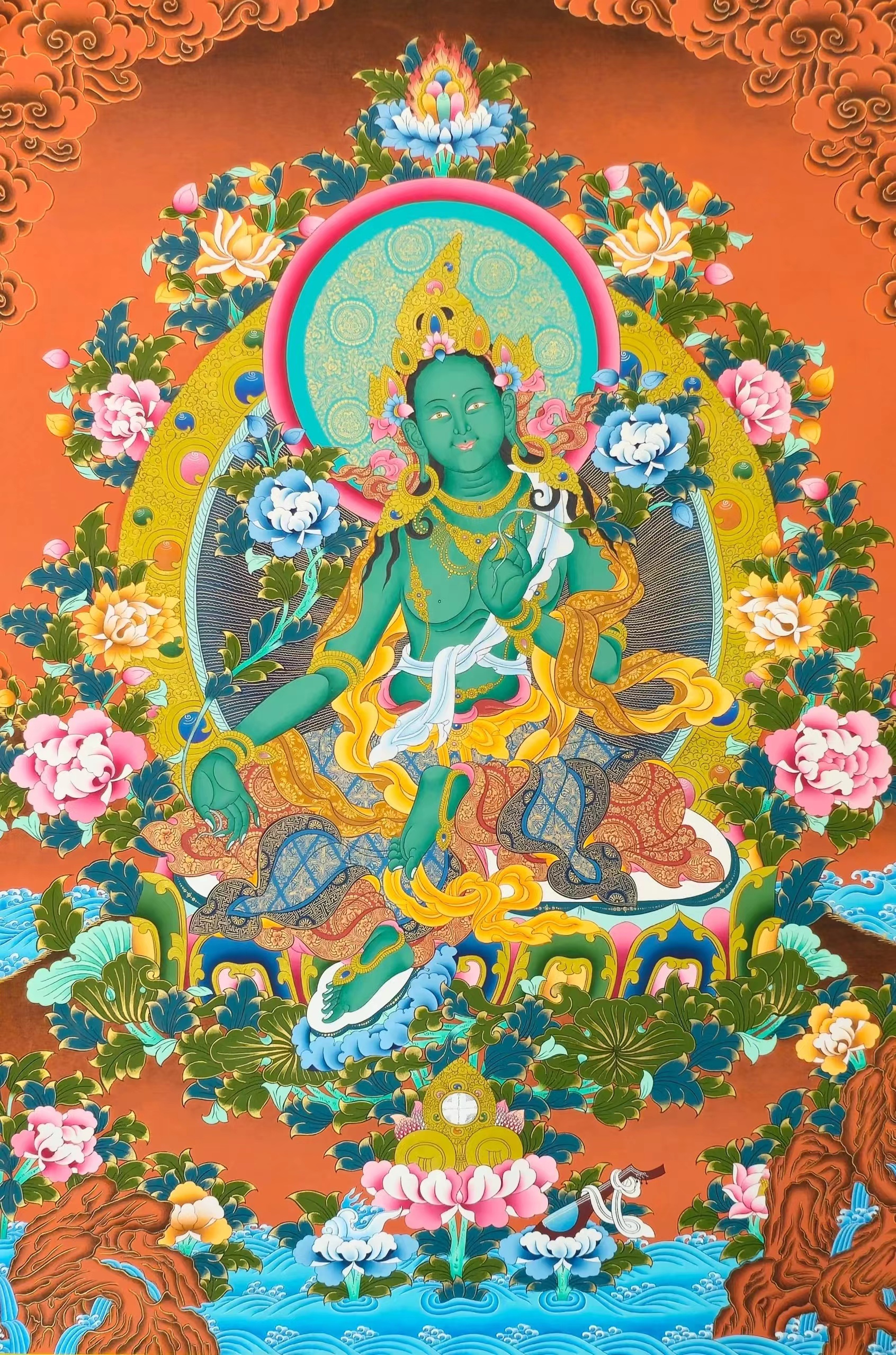
Origin of Tara
There are a few accounts of her origin. According to the most famous story, she was a young princess living millions of years ago. Her name was Yeshe Dawa, which means “Moon of Primordial Awareness.” For many thousands of lifetimes, she made offerings to the Buddha of those times, named Tonyo Drupa. As a result, she received special instructions from him about the Bodhicitta—the consciousness of a bodhisattva.
After practicing it for a long time, the monks suggested to her that, due to her high attainment, to progress further towards enlightenment, she should pray to be reborn as a man. But, to what she answered, from the point of view of enlightenment, there is no separation between male and female. It belongs to the conditioned world only.
Therefore, she vowed to be reborn as a female bodhisattva until the end of samsara. After this, she entered a deep state of meditation for ten million years and released tens of millions of beings with the power of her reflection. Seeing this, Tonyo Drupa told her that she would henceforth manifest supreme Buddhahood as the Goddess Tārā in many worlds to come.
Another story depicts origin of Tara
Another story depicts Tara as being born from the tears of Chenrezig. Once, when the great bodhisattva Chenrezig, out of deep compassion, looked at the sentient beings, tears flowed from his eyes and formed lakes with lotus flowers. When the lotus flowers opened, it revealed Tara inside. From Chenrezig’s left eye teardrop, White Tara emanated, and Green Tara from his right eye.
Introduction of the Tara practice in Tibet
When Guru Rinpoche brought Buddhism to Tibet, he also imparted many teachings on Tara practice to his consort, the Dakini of wisdom Yeshe Tsogyal, and the first Tibetan King who was Buddhist, Trisong Detsen.
In other beliefs, the incarnation of White Tara was born in China and became a princess and mother of Tibet, the wife of King Songtsen Gampo, and the Green Tara incarnation was born as a princess of Nepal. In the centuries to come, her practice gained immense popularity in Tibetan Buddhism.
The Green Tara
Green Tara is known as the Buddha of enlightened activity, who protects from fears. She is prayed for good luck and fortune, and protects us from 8 obscurations:
- Lions ( pride)
- Wild elephants ( delusion and ignorance)
- fires (hatred and anger)
- snakes ( jealousy)
- bandits and thieves ( wrong views, including fanatical views)
- bondage ( avarice and miserliness)
- floods (desire and attachment)
- evil spirits and demons (deluded doubts)
The White Tara
White Tara is renown for compassion, longevity, healing, and serenity. She counteracts illness and helps to have a long life. The white tara embodies compassion and motivation and is said to be as white and radiant as the moon. She provides relief from bad karma as experience by ordinary beings in cyclic existence. Her meditation is often recommend for young children who haven’t yet started a general practice.
Nature of Tara
She embodies all the qualities of a mother and her love. The most widely popular forms are the White Tara and Green Tara, as discussed above. But there can be many more. One of the primary Tara practices in Tibetan Buddhism is the Praises to 21 Tara, which is practice in all four traditions of Tibetan Buddhism, typically in the mornings. There are 21 manifestations, each with a slightly different set of enlighten qualities, as the name suggests.
But the most popular forms are:
- Green Tāra, known as the Buddha of enlightened activity;
- White Tārā, also known for compassion, long life, healing, and serenity, also known as The Wish-fulfilling Wheel, or Cintachakra;
- Red Tārā, of fierce aspect associate with magnetizing all good things;
- Black Tārā, associate with power;
- Yellow Tārā, associate with wealth and prosperity;
- Blue Tārā, associate with the transmutation of anger, is also known as the patroness of the Nyingma tradition.
- Cittamani Tārā, a form of Tārā widely practice at the level of Highest Yoga Tantra in the Gelug School, is portrayed as green and often conflate with Green Tārā.
- Khadiravani Tārā (Tārā of the acacia forest), who appeare to Nagarjuna in the Khadiravani forest of South India and who is sometimes refer to as the “22nd Tārā.”
Nyethang Dolma Lhakhang སྙེ་ཐང་སྒྲོལ་མ་ལྷ་ཁང་།
We want to bring to your attention the Nyethang Dolma Lhakhang. This is a small Temple on the outskirts of Lhasa. It was built by Atisha’s lay student for his final residence. Before departing from India, Atisha pray for his successful mission in Tibet to Tara’s statue in the Mahabodhi temple. In return for his prayer, Status spoke and gave him the short form of Tara's.
This temple also has her speaking statue as the main relic.

Tenzin Travel is the best Tibetan Travel agency in Tibet. Our agency is one of Tibet’s most experienced tour operators, with over 20 years in the industry. Founded by a local Tibetan family with decades of expertise as guides, managers, and route planners. We craft personalized itineraries for every traveler. Our agency is the highest-rated and most recommended Tibet travel agency on TripAdvisor, Google, and Lonely Planet.
We can make holistic arrangements for your trip to Tibet. Including a Tibet Travel Permit, a Tibetan tour guide, flight tickets, train tickets, vehicle arrangements, and hotel bookings in Tibet.
Our Lhasa office is just steps from Barkhor Square. All our Tibetan team ensures deep cultural, linguistic, and religious insights, setting us apart from other agencies.
Beyond tourism, we support Tibetan communities by donating a portion of each tour to local projects. Your travel to Tibet is about more than profit—it’s about the opportunity for us to give back.

